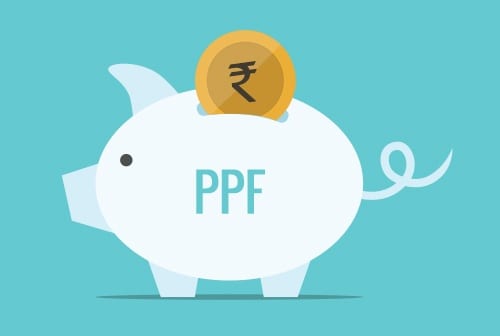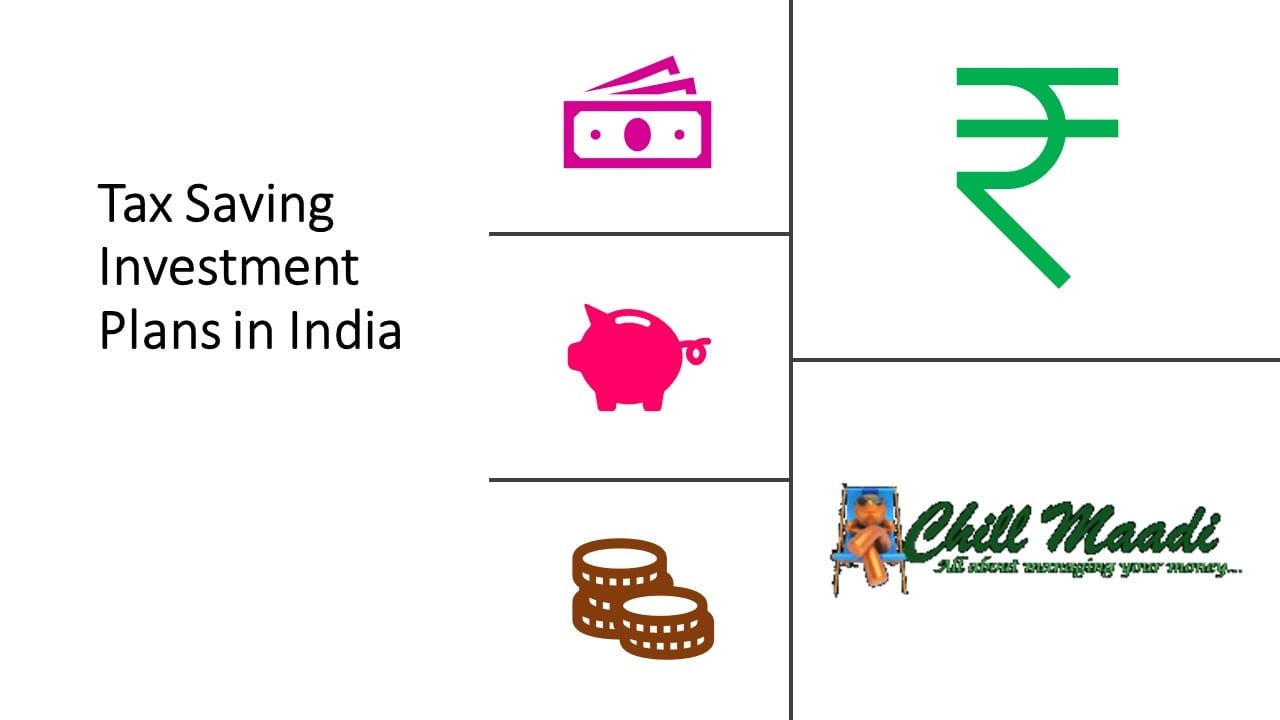The main sales event in the world Black Friday, as well as Cyber Monday, will take place soon.
Service https://www.rapidrupee.in/ is always ready to help you prepare for profitable deals and finance your expenses by getting an instant loan online on favorable terms.
Great deals on Black Friday
We all know that every year all online and offline stores offer a large number of products at a bargain price and with huge discounts. This period is called Black Friday. However, by this day we don’t always have enough finances to make profitable purchases. No need to worry, because RapidRupee service is always ready to provide you a loan in a short time so that you can buy everything you need during the sale period. In any case, it will be beneficial for you to save on sales, even if later you need to pay an interest rate on the loan.
A Few Tips for Shopping during Black Friday 2020
These tips will help you to avoid mistakes when shopping for the World’s Major Sale.
- Standard price. Many sellers keep the usual price of the product, passing it off as a discount. It is necessary to analyze the prices in the market so as not to buy goods at the regular price and to waste the money that you have borrowed.
- Buy online. Most stores sell online, which is beneficial as there is no need to stand in lines to get injured. Also, many online sellers sell at better prices, because they save on renting premises.
- Do a mini-research. Many sellers start their ad campaigns ahead of time, which allows you to do your research and explore the offerings of different sellers and choose the best one.
- Set priorities. Before making purchases, think about what exactly you need to buy and buy them on purpose.
- Get ready. Have your money ready in advance if you know you want to buy certain items. To do this, it is enough to arrange a loan on website https://www.rapidrupee.in/
How to get a loan of up to 60,000 rupees for purchases?
If you urgently need money for personal expenses, then you have come directly to the address. Our RapidRupee service is always ready to provide you with money within 30 minutes without examining your credit history. How to get a loan? Just register by filling out the form and wait for the approval.
The best part about it is that you will need to pay off the loan when you receive your next paycheck. This is an easy way to save money, instead of waiting for your next paycheck and buying an item at full price.









